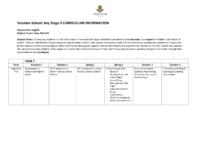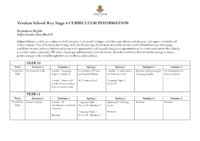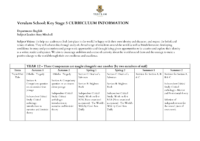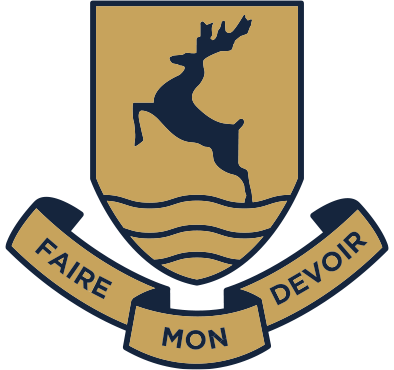English Faculty
Encompassing English Language, Literature, Drama and Media Studies; the English Faculty are united in striving to enable our students to discover more about the world and their identity within that world. The engagement of our students is such that we have consistently surpassed the national average and Hertfordshire GCSE boys’ performance in English for the last 10 years.
Students will learn about real life and real experiences; it is about the digital world; and it is about the skills that people use every day to succeed in all walks of life. We aim to provide our students with skills to help them to develop and define their character, whilst respecting and embracing others, ultimately becoming the best version of themselves that they can be. Students explore and debate topics that matter to them and to the world they live in; they are given opportunities to express themselves through written contributions to the school magazine, ‘Top Button’ and in debates, essays, poems and presentations.
Whether through literature, drama productions or creative digital media productions, our students are on a journey towards new knowledge and deeper understanding with engaging opportunities for investigation, discovery, analysis and deconstruction. Our aim is to go beyond the ordinary and allow our students to project themselves into invented, unfamiliar or fictional experiences, through reading about them and creating them for themselves.
Through the study of English Language, Literature, Drama and Media Studies, we encourage our students to have the courage and confidence to be able to rise to Mahatma Gandhi’s challenge to ‘be the change you wish to see in the world.’
Reading:
‘Today a reader, tomorrow a leader’. Reading is at the heart of what we do at Verulam. It is essential for our students to engage with a range of reading from non-fiction to poetry to classic and modern fiction.
ALL students in years 7-11 are expected to have a private reading book with them in school every day. Students should be reading roughly one book every 2-3 weeks.
EVERY English lesson will begin with silent private reading. Students are expected to read books appropriate to their age and reading ability.
Spelling:
Accuracy of written communication is an important life skill for all and we acknowledge this at Verulam by ensuring that students in years 7-11 learn key words and word forms and take weekly spelling tests. In order to embed spelling rules and key words, we then assess spelling with a re-cap test at the end of each term. The end of term test consists of a selection of words from the weekly tests for each term.






